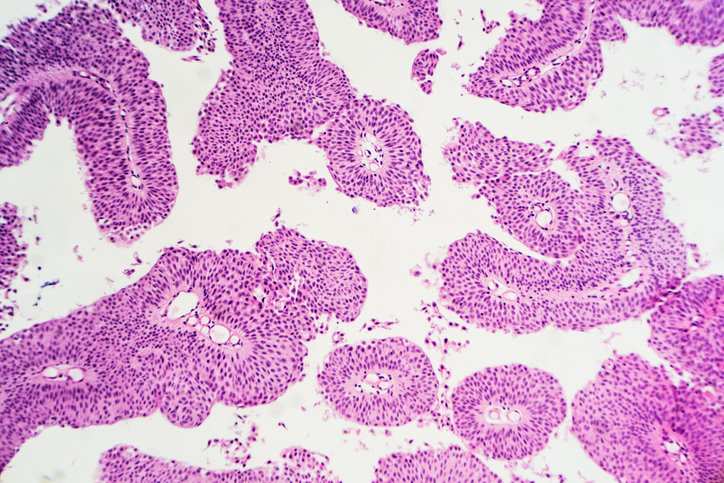
The over prescribing of antibiotics is reducing survival rates in patients with urothelial carcinoma and it needs to be stopped to avoid the serious risk posed by resistant bacterial infections, according to a new medical study.
By analysing data collected within clinical trials on a common immunotherapy treatment called Atezolizumab, cancer researchers at Flinders University have found antibiotics are consistently associated with worse survival rates in patients with urothelial carcinoma.
Clinical Pharmacology Dr Ashley Hopkins, from the Precision Medicine Group, says the study’s findings suggest antibiotics may specifically reduce the effectiveness of cancer immunotherapies.
“We demonstrated that antibiotic use is directly associated with worse survival in patients with urothelial carcinoma when they’re treated with atezolizumab. But no antibiotic association was observed in patients treated with chemotherapy, suggesting that antibiotics may specifically reduce the effectiveness of cancer immunotherapies,” says Dr Hopkins.

Previous research suggests up to 50% of antibiotic use in cancer treatments is prescribed inappropriately as a result of false misconceptions about there being no consequences, but this new study in the European Urology journal demonstrates that over reliance needs to stop.
“They’re concerns that practitioners are over prescribing antibiotics like Atezolizumab, potentially increasing the risk of resistant bacterial infections, and this study’s findings suggest a need for extra caution when an immune checkpoint inhibitor (ICI) like this is being used.”
The authors say future research will need to explore the effect of antibiotics on other immune checkpoint inhibitors (ICI) and confirm whether ICI’s remain the treatment of choice in cancer patients requiring antibiotics.
“These results provide strong justification for prospective studies to tease out whether antibiotics are primarily a surrogate of an unfit or immunodeficient patient or whether antibiotic effects on the gut microbiota are having casual impacts on ICI efficacy,” says Dr Hopkins.
“If the latter is true, in patients at a high risk of recurrent infections, it may need to be considered whether ICI therapy is the most appropriate way to go.”
The research was part funded by Cancer Council of South Australia and The National Breast Cancer Foundation.
Also see a new paper in the Journal of the National Comprehensive Cancer Network, ‘Multiorgan Immune-Related Adverse Events During Treatment With Atezolizumab’ (September 2020) by Ganessan Kichenadasse, John O Miners, Arduino A Mangoni, Andrew Rowland, Ashley M Hopkins and Michael J Sorich.

